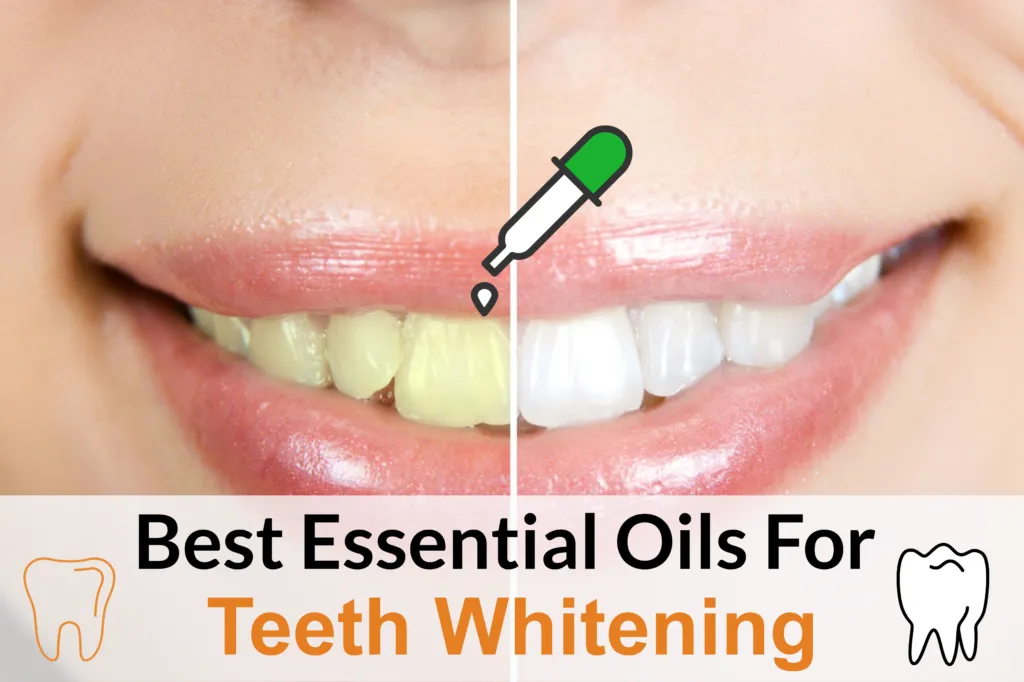Achieving a brighter, whiter smile is a common goal, and many people are turning to natural remedies to avoid harsh chemicals. Essential oils offer a promising and holistic approach to teeth whitening. These potent plant extracts not only help to brighten your teeth but also support overall oral health. This article will explore the top 5 essential oils for teeth whitening and how you can safely incorporate them into your routine. Discover the natural path to a dazzling smile.
Top 5 Essential Oils for Whitening Teeth
What Are Essential Oils
Essential oils are concentrated hydrophobic liquids containing volatile aroma compounds from plants. They are extracted through methods like distillation or cold pressing. These oils capture the plant’s scent and flavor, and often, their therapeutic properties. In the context of teeth whitening, specific essential oils are chosen for their ability to remove stains, fight bacteria, and promote a healthy oral environment. It’s important to note that essential oils are powerful and should be used with caution and proper dilution.
How Essential Oils Work for Teeth Whitening
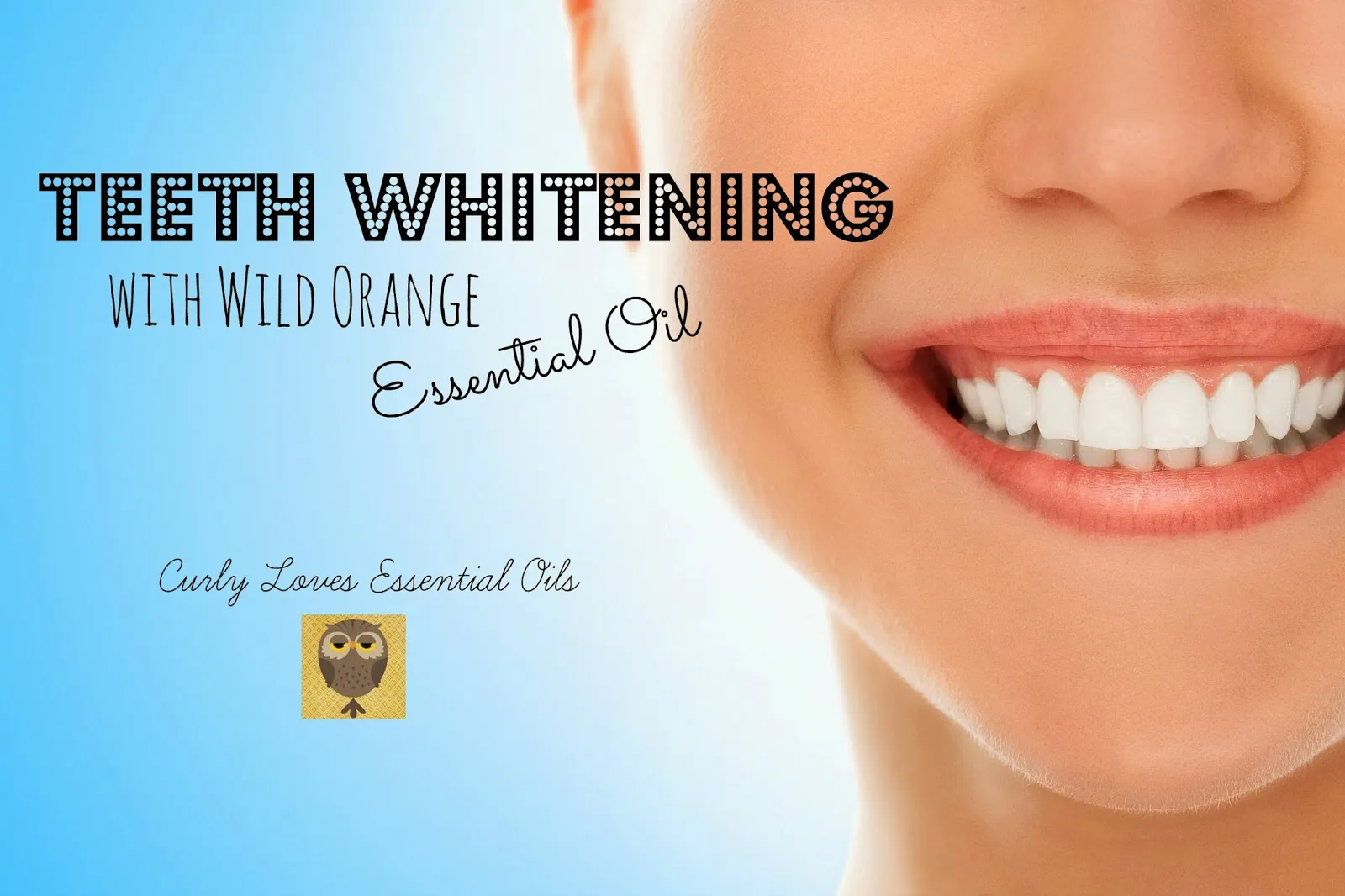
Essential oils work through a combination of mechanisms to whiten teeth. Some oils have natural bleaching properties that help to lift stains from the enamel surface. Others possess antibacterial and anti-inflammatory effects, which can reduce plaque buildup and improve gum health. When used correctly, essential oils can contribute to a brighter smile while supporting overall oral hygiene. The key is to choose the right oils, use them in appropriate concentrations, and apply them consistently as part of your oral care routine.
Essential Oil 1 Lemon
Lemon oil is celebrated for its powerful bleaching properties. The citric acid in lemon oil can help break down stains and brighten teeth. However, due to its acidity, it’s important to use lemon oil with caution. It can potentially erode enamel if used undiluted or too frequently. When used sparingly and correctly, lemon oil can be an effective component of a natural teeth-whitening strategy. Always combine with a carrier oil to reduce acidity and protect tooth enamel. See the image of lemon oil.
Benefits of Lemon Oil for Teeth
The primary benefit of lemon oil for teeth is its stain-removing capability. It can help to eliminate stains from coffee, tea, and other foods. Additionally, lemon oil has antibacterial properties that help to fight bacteria in the mouth, reducing the risk of cavities and gum disease. These combined effects can contribute to both a whiter smile and improved oral health when used in moderation and with proper dilution. Consider the benefits versus the risks before incorporating lemon oil into your routine.
How to Use Lemon Oil Safely
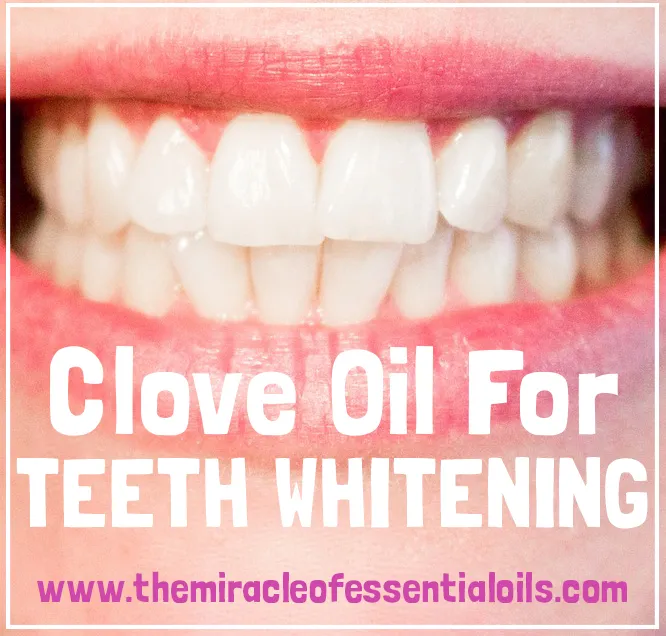
To use lemon oil safely, dilute it with a carrier oil, such as coconut oil or olive oil. A good ratio is one drop of lemon oil to a teaspoon of carrier oil. Apply this mixture to your teeth with a cotton swab, avoiding contact with your gums, and leave it on for no more than two minutes. Rinse your mouth thoroughly with water afterward. Due to its acidity, avoid using lemon oil more than once or twice a week to prevent enamel erosion. If you experience any sensitivity or irritation, discontinue use and consult a dentist. See the lemon oil usage in the image.
Essential Oil 2 Peppermint
Peppermint oil is a popular choice for oral hygiene due to its refreshing properties and ability to freshen breath. Beyond its minty taste, peppermint oil has antiseptic qualities that help to kill bacteria and reduce plaque buildup. While it is not a direct whitening agent like lemon oil, its cleansing and antibacterial benefits contribute to a healthier mouth and a brighter smile. Peppermint oil is a versatile and gentle option for daily use.
Benefits of Peppermint Oil for Teeth
Peppermint oil provides a refreshing sensation, helping to eliminate bad breath and leave your mouth feeling clean. It has potent antibacterial properties that help to reduce the risk of gingivitis and other gum diseases. Peppermint oil can help to freshen breath, reduce inflammation, and promote a healthier oral environment. Its use can enhance the efficacy of brushing and flossing, leading to a brighter and cleaner smile. Peppermint oil is in the image.
How to Use Peppermint Oil Safely
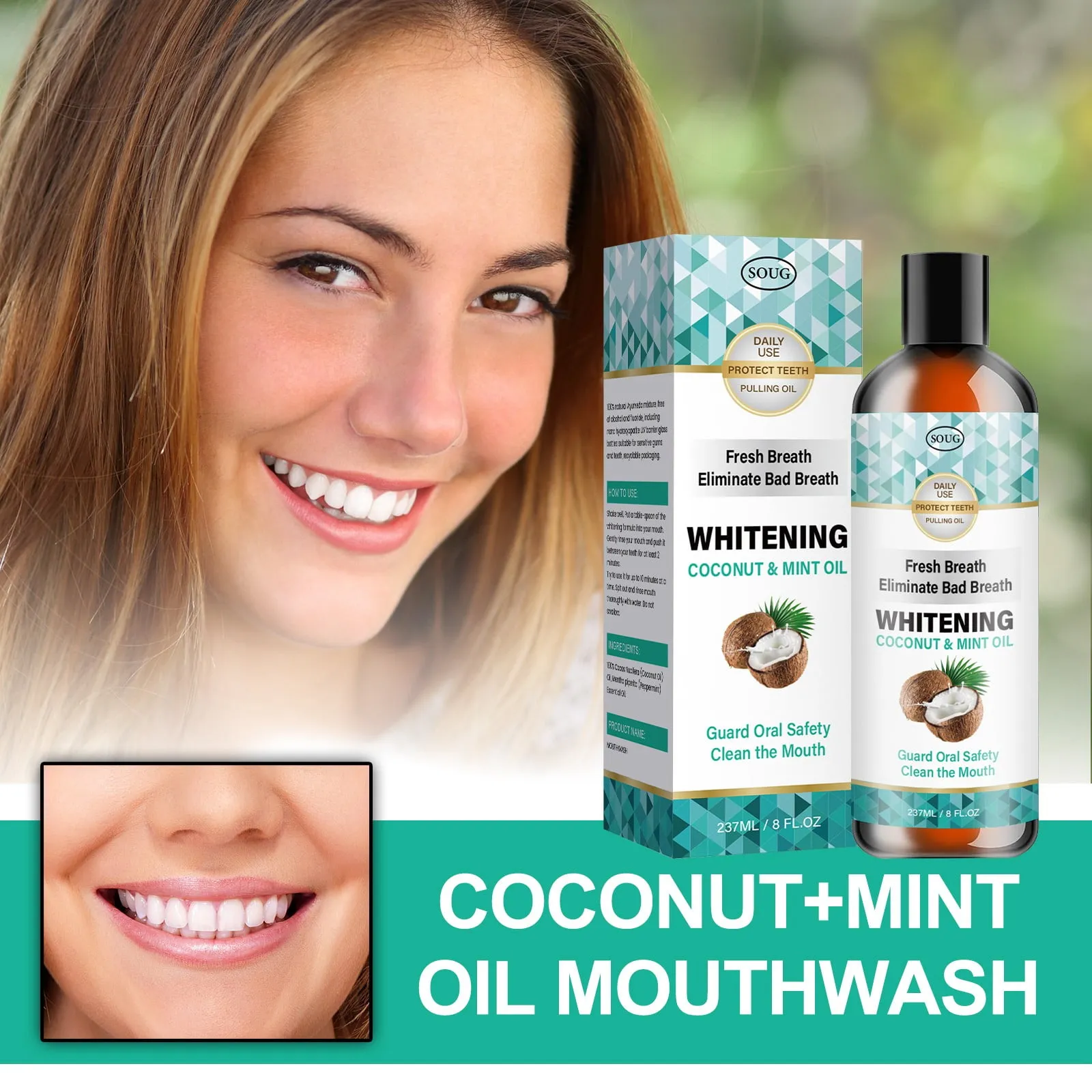
Dilute peppermint oil with a carrier oil or add a drop to your toothpaste. For a mouthwash, mix one drop of peppermint oil with a cup of water and swish for about 30 seconds. Avoid swallowing the mixture. Peppermint oil is generally safe for daily use. Because it is powerful, always test a small amount on your skin to check for any allergic reactions before use. If you experience irritation, discontinue use and consult with your dentist.
Essential Oil 3 Tea Tree
Tea tree oil is known for its potent antibacterial and antifungal properties. In oral care, tea tree oil helps to fight bacteria that cause cavities and gum disease. Although tea tree oil is not a direct whitening agent, it significantly improves oral hygiene, creating a healthier environment that prevents stains and promotes brighter teeth. Its ability to reduce inflammation can also improve gum health and contribute to a cleaner, fresher mouth.
Benefits of Tea Tree Oil for Teeth
Tea tree oil is highly effective in killing bacteria that lead to cavities and gum disease. It helps to reduce inflammation and prevent gingivitis. Regular use of tea tree oil can help to maintain a healthy mouth and contribute to a fresher breath. It can also reduce plaque buildup and help in the prevention of tooth decay. See the image of tea tree oil.
How to Use Tea Tree Oil Safely
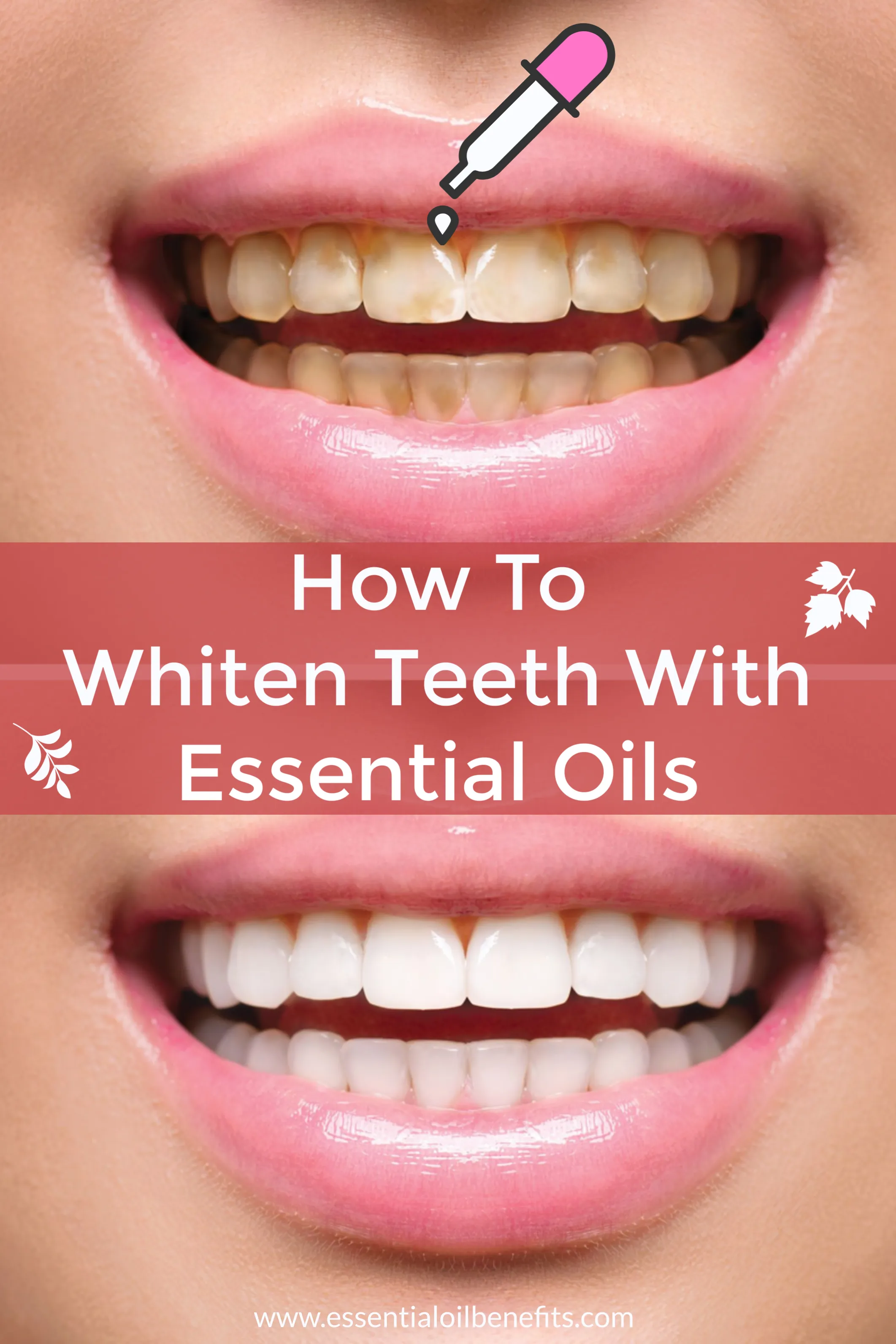
Tea tree oil should always be diluted before use. Mix one to two drops with a teaspoon of carrier oil or add a single drop to your toothpaste. For a mouthwash, dilute one drop in a cup of water. Avoid swallowing. Tea tree oil is strong and can cause sensitivity, so a patch test is recommended before use. If you experience irritation or allergic reactions, discontinue use immediately and consult a dentist.
Essential Oil 4 Orange
Orange oil, like lemon oil, contains citric acid, which can help to remove stains and brighten teeth. However, orange oil is generally less acidic, making it gentler on the enamel. Its pleasant taste and effective stain-removing capabilities make it a great addition to your teeth-whitening routine. It also has antibacterial properties, helping to fight oral infections. It’s best used in combination with a carrier oil for optimal results and enamel protection.
Benefits of Orange Oil for Teeth
Orange oil has stain-removing properties that help to whiten teeth. Its antibacterial effects combat bacteria, preventing cavities and infections. The pleasant taste can make your mouth feel clean and refreshed. The combination of these factors can lead to a brighter smile and better oral health. Orange oil is a good choice if you are looking for a gentler option for teeth whitening. See the image of orange oil.
How to Use Orange Oil Safely
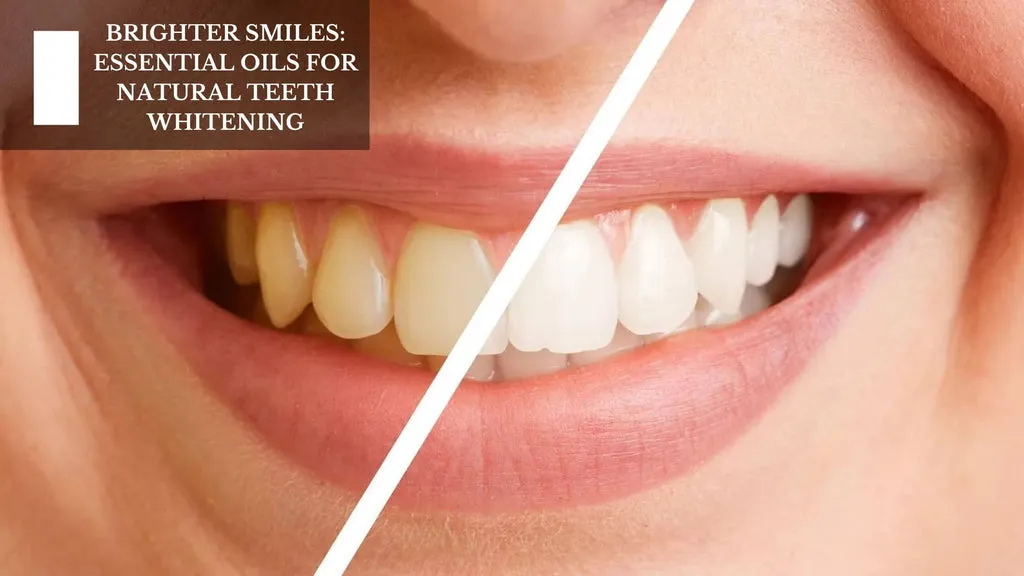
Dilute orange oil with a carrier oil, such as coconut oil, using a ratio of one drop of orange oil per teaspoon of carrier oil. Apply the mixture to your teeth with a cotton swab, and leave it on for about 1-2 minutes. Rinse your mouth thoroughly with water afterward. Avoid using orange oil more than a few times a week, and be mindful of any sensitivity or irritation. If it occurs, discontinue use and consult a dentist.
Essential Oil 5 Myrrh
Myrrh oil is valued for its anti-inflammatory and antimicrobial properties. It helps in treating gum disease and promoting overall oral health. Myrrh oil does not directly whiten teeth, but its role in reducing inflammation and fighting bacteria contributes to a healthier oral environment, reducing the risk of staining and supporting brighter teeth. Myrrh’s therapeutic benefits can be particularly helpful in maintaining oral hygiene.
Benefits of Myrrh Oil for Teeth
Myrrh oil’s anti-inflammatory properties can soothe and heal irritated gums, reducing the risk of gingivitis and other gum diseases. It has antimicrobial effects that help to fight bacteria in the mouth, thereby helping to prevent infections and tooth decay. Regular use can contribute to healthier gums and a fresher mouth. See the image of myrrh oil.
How to Use Myrrh Oil Safely
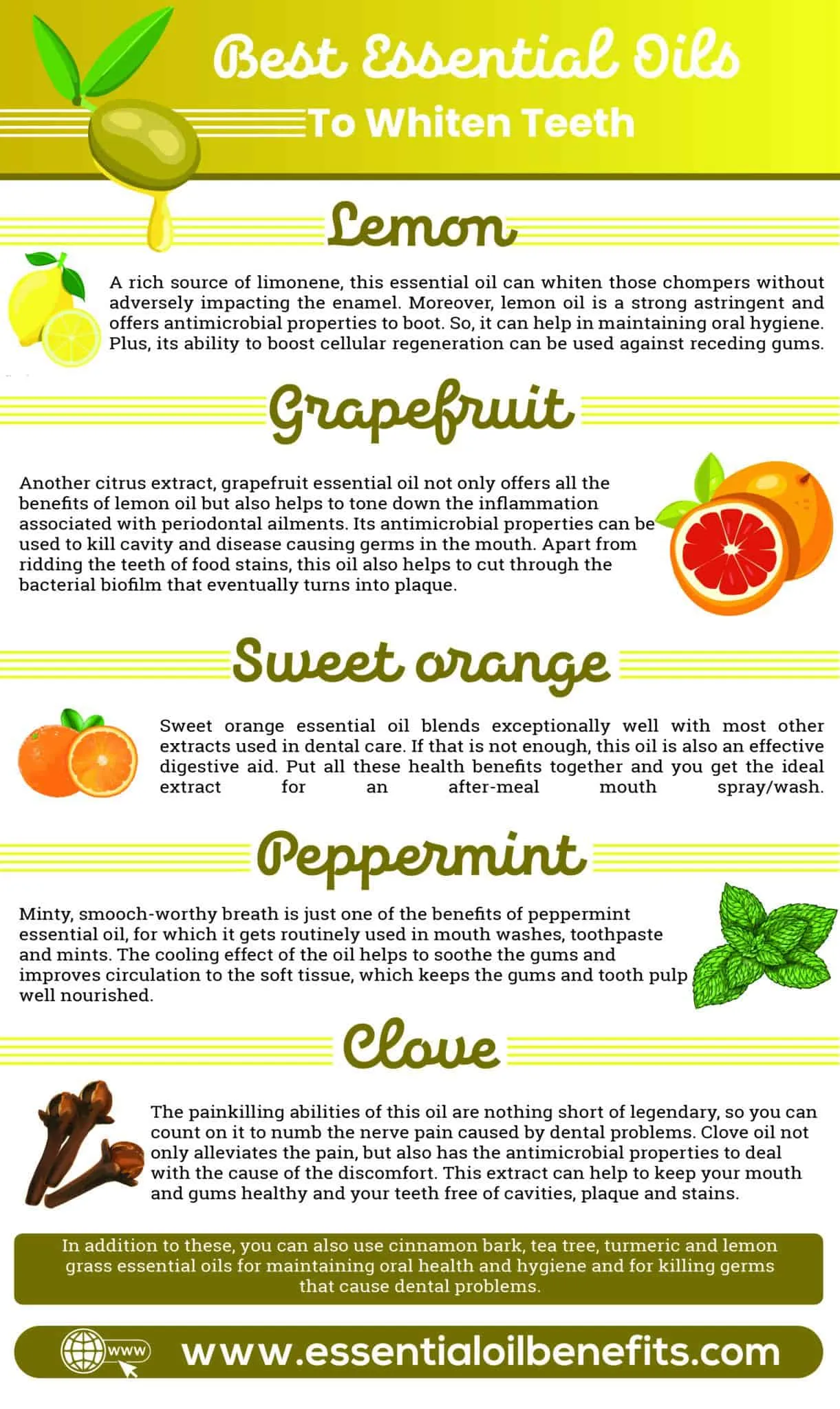
Dilute myrrh oil with a carrier oil, such as coconut oil. Mix a few drops of the diluted oil with water to use as a mouthwash. Alternatively, add a drop to your toothpaste. It can also be applied directly to the gums to reduce inflammation. It’s generally safe for regular use. Always perform a patch test to check for any allergic reaction before extensive use. If you notice any irritation, stop use and consult a dentist.
Other Natural Teeth Whitening Methods
Dietary Changes for Whiter Teeth
Your diet plays a crucial role in the color of your teeth. Limiting foods and drinks that stain teeth, such as coffee, tea, red wine, and berries, can help maintain a brighter smile. Eating crunchy fruits and vegetables, like apples and celery, can act as natural cleansers, removing surface stains. Staying hydrated by drinking plenty of water also helps to wash away food particles and reduce staining. Prioritizing a teeth-friendly diet can complement your teeth-whitening efforts. See the image of healthy teeth diet.
Oral Hygiene Practices
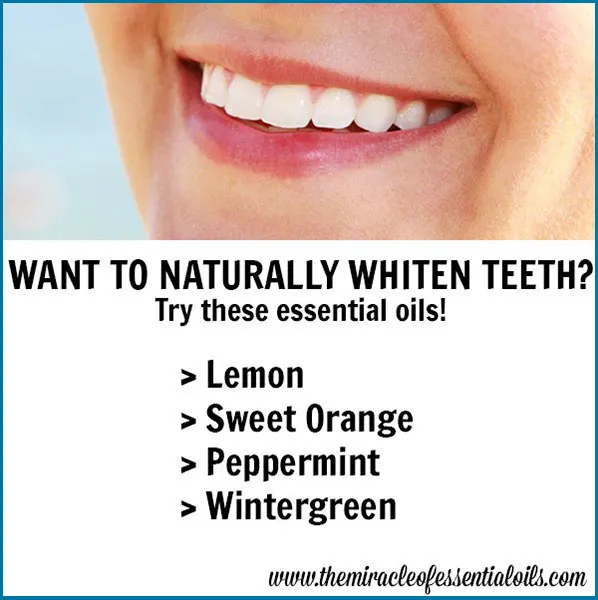
Proper oral hygiene is essential for maintaining white teeth. Brushing your teeth twice a day with a fluoride toothpaste helps to remove plaque and surface stains. Flossing daily removes food particles and plaque from between your teeth, where a toothbrush cannot reach. Regular dental check-ups and cleanings are also crucial for removing stubborn stains and maintaining overall oral health. A consistent oral hygiene routine, including brushing, flossing, and professional cleanings, will contribute to a brighter smile. See the image of brushing teeth.
Conclusion
Essential oils can be a valuable addition to your natural teeth-whitening routine, offering a safe and effective way to achieve a brighter smile. Remember to use them with caution and always dilute them with a carrier oil. By combining the use of essential oils with a healthy diet and good oral hygiene practices, you can naturally enhance your smile and improve your overall oral health. Always consult your dentist before starting any new oral care regimen to ensure it is suitable for your specific needs and oral health conditions.
